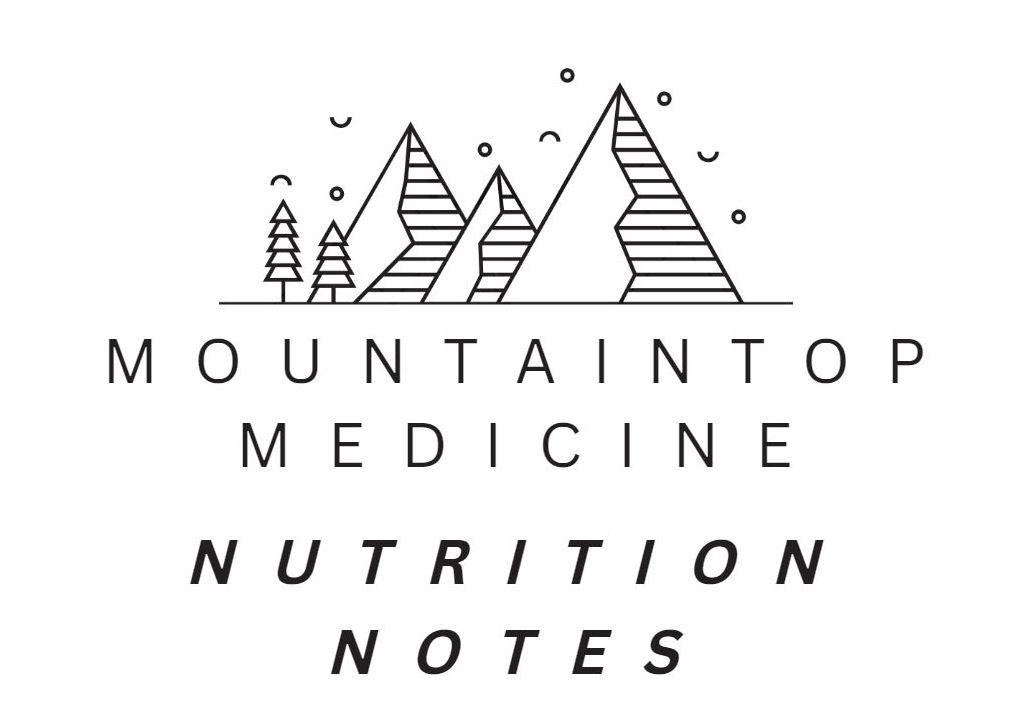Mountaintop Medicine: Nutrition Notes — Fight Off Seasonal Sickness with a Healthy Diet

As you probably already know, the winter months bring on what seems to be a period of the never-ending catching of the cold. We are constantly exposed to potentially harmful microbes like bacteria, viruses, and parasites. Our immune system protects us against these harmful microbes as well as certain diseases. Nutrition plays a significant role in supporting our immune system as they rely on a variety of nutrients to function properly. For example, vitamin C helps stimulate the production of white blood cells, which are essential for fighting off infections. Vitamin E is an antioxidant that helps protect our immune cells from damage. Zinc helps with the development and continued function of our immune cells. Vitamin D, selenium, iron, and protein are other great nutrients that support the growth and function of our immune cells.

Leah Gardner, EPH Registered Dietitian
Keep in mind the importance of a balanced, nutritious diet overall, as it provides the necessary vitamins, minerals, and antioxidants to support our immune system. On the other hand, a poor diet lacking these essential nutrients can weaken our immune system, making us more susceptible to catching illnesses. Include a variety of fruits, vegetables, whole grains, lean proteins, and healthy fats in your diet. By doing so, you will ensure your body is getting the nutrients it needs to support your immune system to keep us healthy and to fight off illnesses.
When you are feeling under the weather, it is important to eat nutrient-rich foods to support your immune system and to stay hydrated by drinking plenty of water.
Sources of Immunity-Supporting Nutrients
Food sources of vitamin C: citrus fruits like oranges and grapefruits, strawberries, kiwis, pineapples, mangoes, and papayas. Do not forget about veggies like bell peppers, broccoli, and Brussel sprouts too.
Food sources of vitamin E: nuts and seeds like almonds, sunflower seeds, and hazelnuts. You can also find vitamin E in oils, as well as in spinach, broccoli, and avocados.
Food sources of vitamin D: fatty fish like salmon, tuna, and mackerel, fortified dairy products like milk, yogurt, and cheese, as well as in egg yolks and mushrooms. Our bodies also produce vitamin D when our skin is exposed to sunlight.
Food sources of zinc: oysters, beef, chicken, beans, nuts, and seeds. You can also find zinc in whole grains like wheat germ and quinoa.
A quick reminder- I offer outpatient nutrition counseling and education services at Estes Park Health. If you are interested, contact your healthcare provider for a referral. If you have any
questions or if there are any nutrition-related topics that you would like me to discuss here on Nutrition Notes, please reach out at LGardner@EPH.org.


